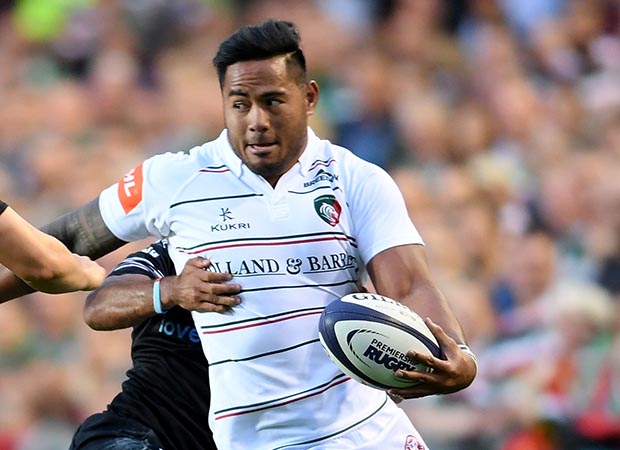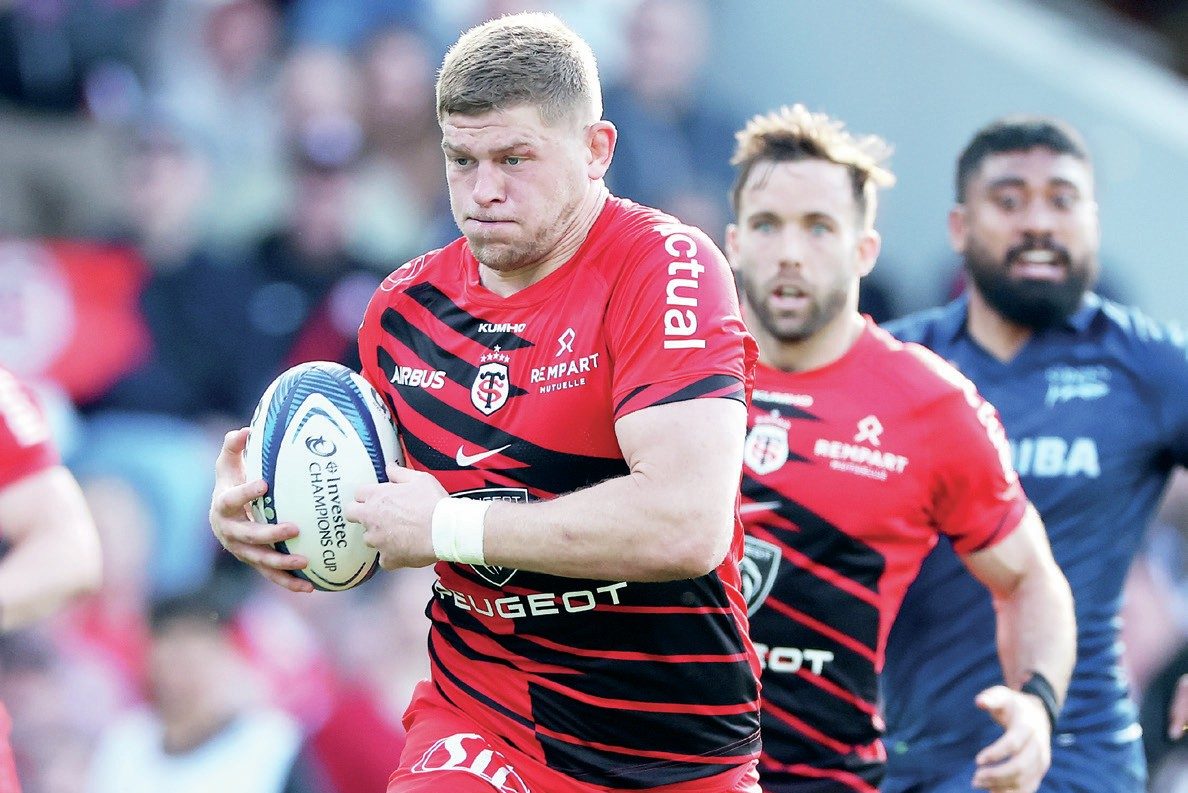
 Manu Tuilagi will want to hit the ground running this season. However, after virtually three years out of the game with injury it will not as easy as it sounds.
Manu Tuilagi will want to hit the ground running this season. However, after virtually three years out of the game with injury it will not as easy as it sounds.
How successful he is will all depend on his mental state. It’s about how well-prepared he is in mind as well as body. The groin injury that kept him out for the longest period of time will have been mentally and physically a very debilitating period. It wears you down psychologically mainly because you do not have a return date.
If, for instance, you break a bone you know that it’s about three months before you will be back training. A groin injury is much trickier, because you never quite know where you are with it.
Having had the same injury twice during my career I know that it’s hard not having a return date to work towards. I was out for eight or nine months the first time, and the problem is you will test the injury – and sometimes over-test it. And then you are back to the drawing board.
With Tuilagi’s most recent knee problem he seems to have adjusted to it, and has managed to get back into training much more quickly. Even so, it is inevitable that there will be doubt in his mind that his body will hold up, and he will probably feel the odd niggle – but the more you play the more the doubts recede as your confidence grows.
However, his nerves will be all about the injury rather than any jitters over his ability to play top-level rugby again.
As I’ve said before, I’m not interested in a discussion over whether he deserves another chance for England, because his first priority is to get back and start playing well for Leicester. Without that, talk of playing for England is premature.
The good thing for Tuilagi is that he could not be in a better place than the Tigers to make his case. Playing alongside an all-international backline of Ben Youngs, George Ford, Matt Toomua, Jonny May and Telusa Veainu has got to be the equivalent of all your dreams coming true.
If Manu gets back into his stride, and starts to do his job for Leicester by making breaks and scoring tries, then an England recall should take care of itself.
The big question if he does get back into the England squad is where he will play. There is a trend among international coaches to opt for the New Zealand idea of a second five-eighth, which is essentially having a second ball-player or playmaker at inside-centre.
At Leicester that policy will probably translate into a midfield formation of Ford at 10, Toomua at 12, and Tuilagi at 13 – but when it comes to England selection that could be more problematic, because playing outside-centre will put him into direct competition with Jonathan Joseph and Elliot Daly.
There is also the question that an England midfield line-up of Ford, Owen Farrell at 12 and Tuilagi at 13 lacks a bit of pace. It is also one of the reasons why I see Farrell principally as a fly-half.
With Tuilagi you pretty much know exactly what he will do – in much the same way as you know what Julian Savea and Sonny Bill Williams will do. It is stopping them doing it that is the problem!
If Tuilagi could add the offloading ability of Sonny Bill Williams to his game he would be the best centre in the world – whereas at the moment, because it is not the strongest part of his game, he is merely world-class.
What we know already is that Manu’s rugby ability makes him uniquely placed to resurrect his international career because he is a rare and special talent. Yet, he still has areas he must work on. One of those is his defence.
Tuilagi has to avoid becoming isolated by being much more aware of the requirements of the rest of the defence.
When he charges forward he leaves himself vulnerable, allowing the opposition attack to either go round him or stand him up – but the danger is that if he does succeed in lining you up he will cut you in half.
In attack Manu presents all sorts of problems because there are any number of ways in which you can utilise his strength. You can spring him over the advantage line off the short ball, or use him on the scissors, on the wide ball, or as a dummy runner.
What Tuilagi brings is options. Where Farrell can kick and pass, and his defence is okay, he is indispensable because of his penalty-kicking success rate.
Tuilagi is always remembered for his outstanding game against New Zealand in 2012 – and if he plays like that consistently, or close to it, he will also be indispensable.
In the final analysis Tuilagi’s effectiveness is all about quality execution, whether it is the the timing of his run or the quality of the passing as he comes onto the ball – although that should not be an issue with players as skilful as Ford and Toomua.
One of the questions I’ve seen asked about Tuilagi is how important is he to England’s 2019 World Cup chances?
The simple answer is that no one is indispensable at international level, but when you look at what he can do, especially in the way he can get over the gain-line from a standing start, there is no question of his value.
His power and dynamism also make him a huge distraction for defenders because even though his intentions may appear obvious, you still have to stop him.
The reality is that England have won a lot without Tuilagi during the period in which he has been sidelined by injuries. This includes a Grand Slam, a summer tour whitewash of Australia, and contributing significantly to the Lions drawn series with New Zealand.
On the other hand, having Tuilagi in the England backline changes the whole dynamic, and it is a great option to have even though Ben Te’o brings a similar midfield presence.
Te’o offers what Tuilagi does, with maybe a bit more offloading, and if they play opposite each other for Leicester and Worcester their clash will be worth a match ticket on its own.
Bet on Manu Tuilagi coming out of the starting gates for Leicester full-on, because, despite the occasional lapse of concentration or missed tackle, generally he is on point.


Latest News
Super Rugby Americas: Round Ten Review

British and Irish Lions
British and Irish Lions: Biggest winners and losers from Andy Farrell’s selection
























You must be logged in to post a comment Login